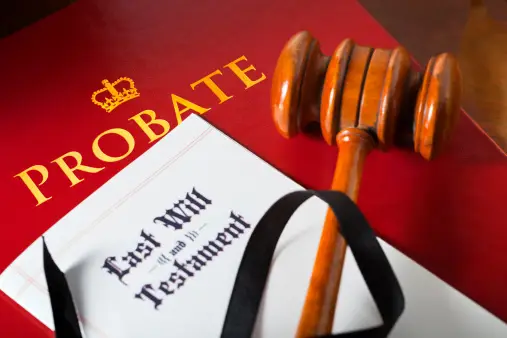Understanding the Role of an Executor in Texas Probate
The executor plays a crucial role in the probate process, acting on behalf of the deceased to manage their estate. This individual is responsible for ensuring that the deceased's wishes, as outlined in their will, are honored and that the estate is settled according to Texas laws.
In Texas, the executor must navigate various responsibilities, including gathering assets, paying debts and taxes, and distributing the remaining assets to beneficiaries. This role requires a clear understanding of legal obligations and the ability to manage complex financial matters, making it essential for executors to seek legal guidance to fulfill their duties effectively.
Steps to Take After a Loved One Passes Away
When a loved one passes away, it can be overwhelming to know what steps to take next. The first step is to secure the deceased's vital documents, including their will, financial records, and any estate planning documents, which will guide the probate process.
Following this, it's important to notify relevant parties, such as financial institutions and beneficiaries, and to consult with a probate attorney to understand the legal steps required in Texas. This proactive approach can help streamline the process and ensure that the estate is handled according to the deceased's wishes.
How to Contest a Will in Texas: A Comprehensive Guide
Contesting a will in Texas involves legal proceedings where an interested party challenges the validity of a deceased person's will. Common grounds for contesting a will include lack of testamentary capacity, undue influence, or improper execution of the document.
Understanding the legal framework surrounding will contests is crucial, as Texas law outlines specific procedures and timelines that must be adhered to. Engaging an experienced probate attorney can provide guidance on the complexities of contesting a will and help protect the rights of the challenger.
Exploring Alternatives to Probate in Texas
Probate can be a lengthy and costly process, prompting many individuals to explore alternatives. In Texas, several options exist to bypass or simplify probate, such as establishing a living trust, utilizing transfer-on-death deeds, or designating beneficiaries on accounts and policies.
These alternatives can provide a more efficient way to transfer assets to beneficiaries without the need for court intervention. Understanding the benefits and limitations of each option is essential for effective estate planning, ensuring that individuals can protect their legacy while minimizing the burden on their loved ones.









